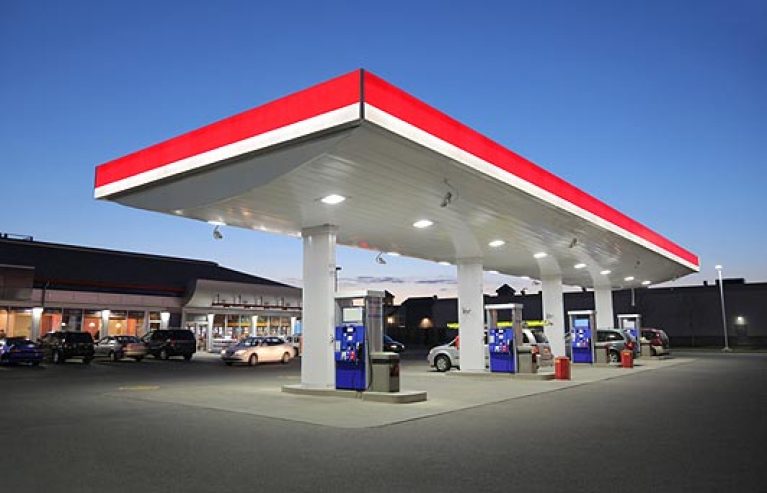If you’re a motorist, you have no doubt noticed how the fuel prices can mysteriously jump up by 20 cents or more in just a few days, before slowly returning to its original price.
What’s going on here? The wholesale cost isn’t that erratic, so why can’t retailers control their prices better? Well the truth is they are very much in control of their prices – some might say too much in control.
The majority of the Australian fuel market is controlled by just a few key retailers. We’ve got Caltex and Woolworths in a joint venture. Coles bought out Shell. And the only other big names are 7-Eleven and BP.
Last year the Australian Competition and Consumer Commission announced fuel prices were “unreasonably high”, while fuel companies announced record-breaking profit margins.
Now nobody is trying to stop them making a profit altogether; we all need to make money somehow. But the ACCC is forever on their backs, believing that they are not allowing fair competition in the market.
Last December, five petrol retailers were forced to publicise the numbers in a behind-the-scenes price-sharing arrangement, following a major court action brought against them.
The ACCC keeps a very close eye on petrol stations and publishes frequent reports on the industry, including day-by-day tracking of prices which clearly reveals the fuel price cycle for each capital.
Perth has a weekly cycle that peaks every Tuesday. In Sydney it’s longer and less regular. In the other capitals there may be three or four weeks between peaks, but the pattern is obvious across the country.
What could possibly account for these regular jumps in price; not just in a few petrol stations but across whole cities?
Something just doesn’t add up. And it’s not just the fuel industry that has questionable levels of competition.
Two of the big fuel players, Woolworths and Coles, also have a large stake in groceries, liquor and hardware.
Part of the problem is Australia’s size. A larger population can support more competitors, but we just don’t have enough people to sustain the kind of competition they have in America.
The market share of the biggest supermarket in the US, Walmart, is less than 30%, and there are dozens of others that have their own healthy share (Kroger, Safeway, Whole Foods, Sprouts, Trader Joes, and Costco to name just a few).
Australia, on the other hand, has just two major chains plus Aldi and IGA.
It’s a similar picture with airlines. Delta, United, Southwest, American, JetBlue and Alaska airlines are all big names in America, and many others besides. Qantas and Virgin rule our skies. Regional links are covered by Jetstar (owned by Qantas), Tiger (owned by Virgin) and a few smaller airlines.
And we won’t get started on telecoms, banks and media.
Having whole markets controlled by just a handful of big players can be really damaging to competition.
WHY COMPETITION MATTERS
Let’s break this down. When lots of companies are competing with each other in a free market, they have to work hard to offer top-quality, exciting products at low prices. Logic says we’ll shop with whoever does this best, so each company is always trying to outdo its competitors. Unfortunately, some companies put more effort into finding ways for us to buy the same old stuff at increasingly high prices.
There are two ways for companies to make big profits: be the best in the market, or reduce competition. Because the latter option can deliver big results with minimal effort, companies sometimes gang up on consumers and leave them with no choice but to pay higher prices.
At this point, the idea of a free market becomes a farce, leaving consumers out of pocket and companies laughing all the way to the bank. This is why it’s imperative we encourage healthy competition between companies.
AUSTRALIA STILL HAS WORK TO DO
The ACCC is working hard to wipe out activity that subverts competition. It has taken to court companies in the cement, high voltage cables, ball bearings and credit card industries, and has around 100 more ongoing investigations. But it doesn’t seem to be enough.
The head of the ACCC said it is doing all it can. “Our resources are very limited and our investigators are fully stretched. Our most difficult issue is to decide what to investigate and what not to.”
Why don’t we commit more manpower to the ACCC then?
There are some big legal changes aimed at boosting competition due to go through the Senate soon, although probably not before the election. The question is, will they really be effective? You’ll get a pretty good indication of how things are going if you just keep an eye on those petrol prices.











